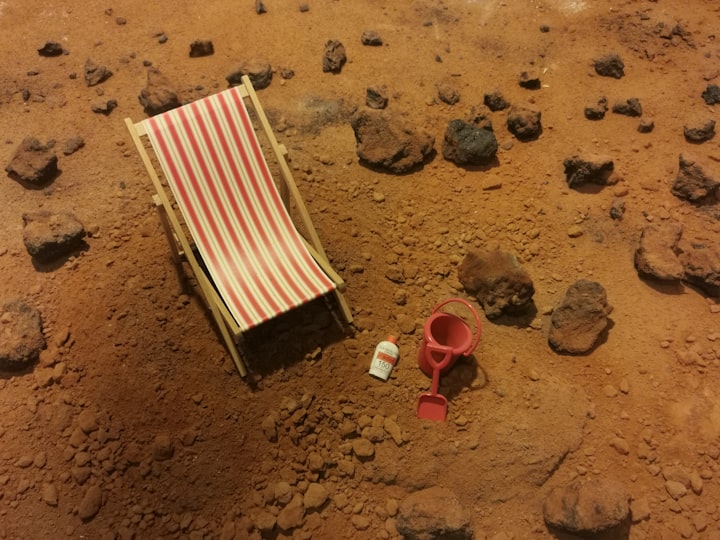The future of space exploration has always been an exciting topic, capturing the imaginations of people around the world. With the advancements in technology, it is now more feasible than ever for humans to colonize other planets. This opens up a world of opportunities and challenges, not only for the scientific community but for society as a whole. In this article, we will explore the potential for human colonisation of other planets, the role of private space companies in the industry, and the ethical considerations surrounding space exploration.
The Potential for Human Colonisation of Other Planets
Human colonisation of other planets is no longer a distant dream. Mars, the closest planet to Earth, has been the primary target for colonization due to its proximity and potential for supporting life. Several space agencies, including NASA and SpaceX, are currently working on developing technology to make this a reality.
One of the biggest challenges facing human colonisation of Mars is the hostile environment. The planet is currently unable to sustain human life due to its thin atmosphere and lack of water. However, scientists are working on developing ways to terraform the planet to make it habitable. This could involve releasing greenhouse gases into the atmosphere to thicken it, melting the polar ice caps to create water, and even introducing genetically engineered plants to produce oxygen.
Another challenge facing human colonisation of other planets is the long-term effects of living in a space environment. Astronauts who have spent long periods in space have experienced changes to their vision, muscle atrophy, and bone loss. Scientists are working on developing ways to mitigate these effects, including the use of artificial gravity and exercise programs.
The Role of Private Space Companies in the Industry
In recent years, private space companies have played an increasingly important role in the space industry. Companies like SpaceX, Blue Origin, and Virgin Galactic have been at the forefront of innovation, developing reusable rockets and spacecraft that can drastically reduce the cost of space travel.
Private space companies have also been instrumental in advancing space technology. SpaceX, for example, has developed the Falcon 9 rocket, which can carry payloads to space at a fraction of the cost of traditional rockets. They have also developed the Dragon spacecraft, which is capable of carrying cargo and astronauts to the International Space Station.
The involvement of private space companies in the space industry has led to increased competition, driving innovation and reducing costs. This has made space exploration more accessible to a wider range of organisations and countries, ultimately leading to greater scientific discoveries and advancements.
The Ethical Considerations Surrounding Space Exploration
As with any major technological advancement, space exploration raises important ethical considerations. One of the most pressing issues is the potential impact on other planets and their ecosystems. Introducing life to a planet, whether through colonisation or terraforming, could have unintended consequences that could be harmful to existing ecosystems.
Another ethical consideration is the cost of space exploration. Many argue that the funds allocated to space exploration could be better spent on addressing pressing social and environmental issues on Earth. However, others argue that space exploration is essential to our understanding of the universe and can lead to technological advancements that benefit society as a whole.
There are also concerns around the militarisation of space. The development of space-based weapons could have catastrophic consequences, leading to a new era of warfare that would be difficult to control.
Conclusion
The future of space exploration is an exciting and challenging frontier. With the potential for human colonisation of other planets, the role of private space companies in the industry, and the ethical considerations surrounding space exploration, it is clear that we have much to consider as we move forward. However, with continued innovation and collaboration, we can explore the vast universe and unlock the secrets of our world and beyond.
About the Creator
Sree Teja
I'm a Software Engineer by profession. I occasionally write some blogs, which I find more exciting. I love to wander and explore new places. If you like my content, please feel free to like my stories :)







Comments
There are no comments for this story
Be the first to respond and start the conversation.